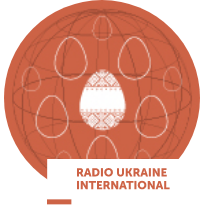"This agreement is balanced, and is extremely important for both the effectiveness and credibility of the union's visa-liberalization policy," a December 8 statement quoted European Council President and Slovak Interior Minister Robert Kalinak. "The fact that we have reached an agreement should open the door to further progress on visa-liberalization talks with other countries that meet all the necessary requirements," said Kalinak, whose country holds the rotating EU presidency. Writing on his Facebook page, Ukrainian President Petro Poroshenko hailed "encouraging news from Brussels." The statement said EU countries and lawmakers agreed to a compromise text on a regulation to strengthen the suspension mechanism that can be applied to all visa-liberalization agreements in emergencies amid fears over immigration and terrorism. The regulation now has to be submitted to the European Parliament for a vote at first reading, and to the European Council for adoption. Under the deal, the executive European Commission or EU states will be able to suspend quickly a country's visa exemption for nine months. The EU can extend the suspension period for a further 18 months, but through a more complex procedure. Visa waivers may be reintroduced if there is a surge of citizens from a non-EU country like Ukraine or Georgia staying irregularly in EU territory or if nationals from that country are deemed to pose a security threat. They can also be reintroduced if there is a rise in unfounded asylum applications or a lack of cooperation on returning migrants.
EU States, Parliament remove key obstacle to visa-free rravel for Ukraine, Georgia
8.12.2016 р., 13:15
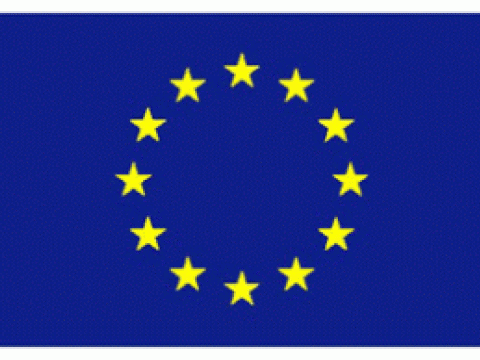
Останні новини

"День, якого не повинно бути" — поезія темних часів на Радіо Промінь

"Без Обмежень" новою піснею закликають берегти військових
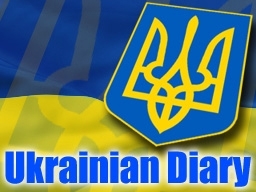
Ukrainian Diary – digest of the most important news over the past week
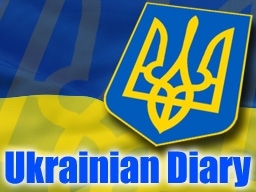
Ukrainian Diary – digest of the most important news over the past week (audio)
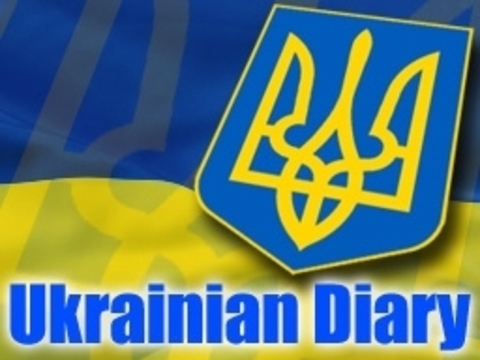
Ukrainian Diary – digest of the most important news over the past week
Related News
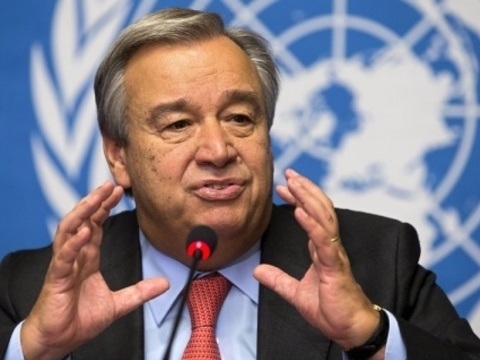
UN names Ukraine one of priority tasks
Freedom House assesses Ukraine as partially free country

IT sphere revenues in Ukraine increase by $ 3.5 billion over year

Misinformation campaign seriously weakened Ukraine
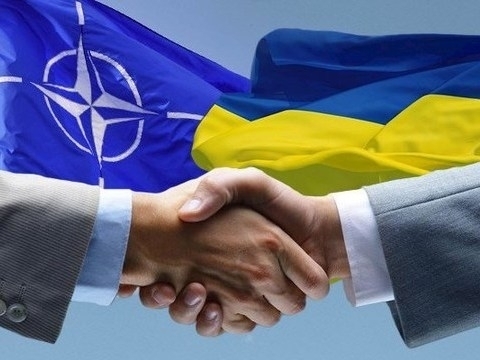
Experts evaluate Ukraine's chances of joining NATO



